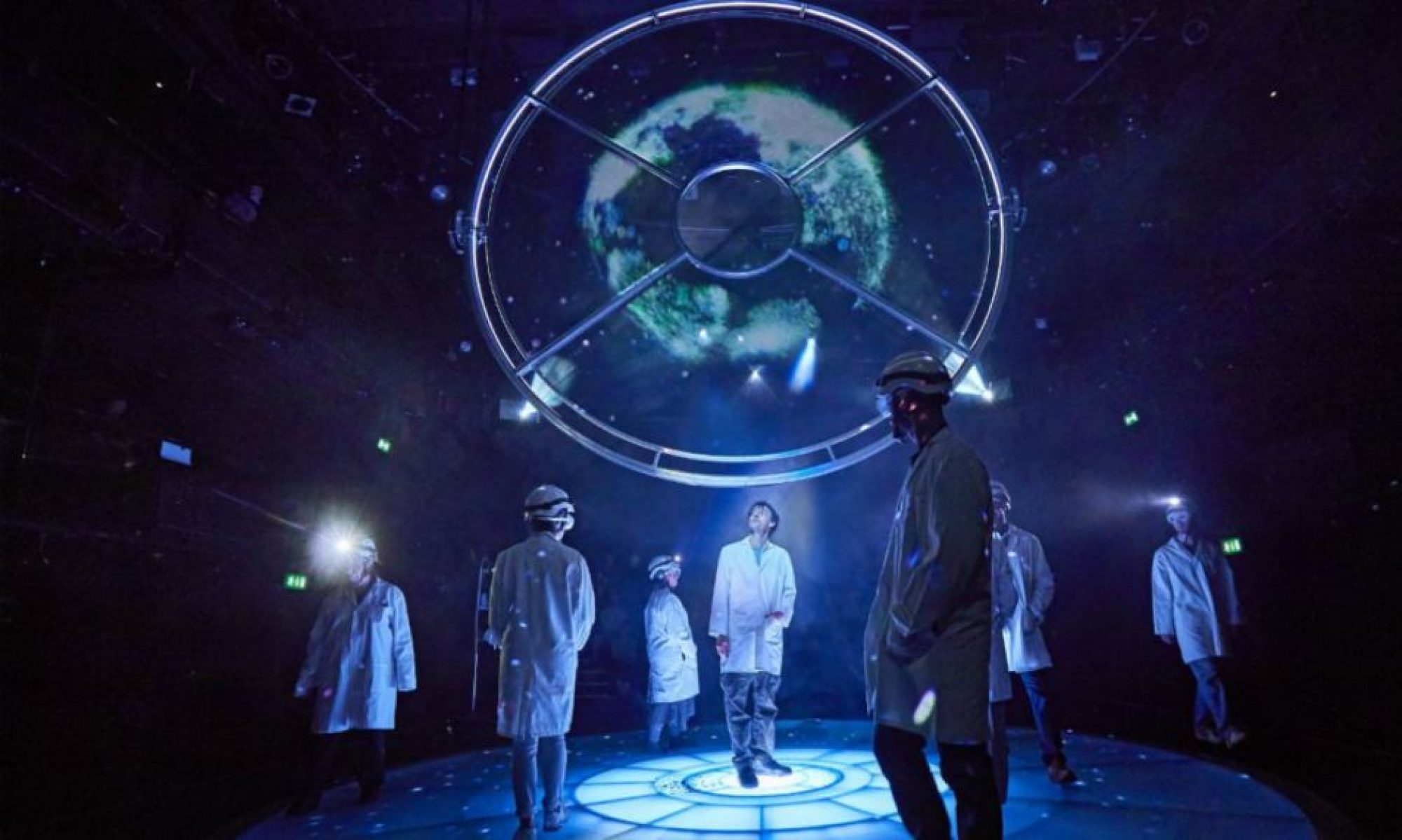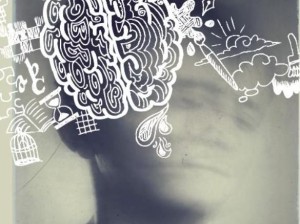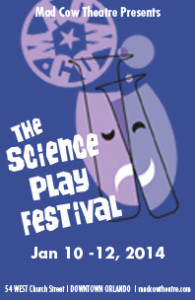The year 2013 has been a good one for the science-in-theatre genre with numerous performances of established classics staged throughout the world as well as new plays appearing on the scene.
The year began with the final few performances of Lucy Prebble’s The Effect at The National Theatre in London. The complexities of love amid a neuropharmacology clinical trial attracted both sell-out audiences and a clutch of awards and nominations for the Headlong/NT team.
The Royal Shakespeare Company’s new version of Brecht’s A Life of Galileo in the Swan Theatre brought audiences to Stratford-Upon-Avon to enjoy a lively and musical production with set-design by Tom Scutt.
Several new plays portraying the history of science opened throughout the year. Operation Epsilon by Alan Brody premiered in Boston USA, dealing with the post-war detention of German nuclear scientists and offering an intriguing postscript to Michael Frayn’s mighty Copenhagen. STELLA, a new play by Sibohan Nicholas featuring portrayals of 18th Century astronomers Caroline and William Herschel, opened in Brighton in May and went on to tour small venues in the UK and Ireland throughout the summer.
A highlight of this year’s Edinburgh Fringe Festival in August was Adura Onashile’s portrayal of Henrietta Lacks in her one-woman show HeLa. Onashile’s performance brought the story of Lacks treatment in the 1950s and the prolifically multiplying cell line that has lived on in the decades since her death to ever-wider audiences. The wartime code-breaking endeavors of Alan Turing and his colleagues at Bletchley Park were also brought to life at the Edinburgh Festival in Idle Motion’s immensely imaginative That is All You Need to Know.
As ever, Frayn’s Copenhagen and Tom Stoppard’s Arcadia proved popular choices for professional and amateur theatre companies throughout the world. In Hong Kong there was a reading of Copenhagen in Mandarin in October and as well as a revival of a production given by Nobel laureates in Gothenburg in December. The appeal of Arcadia was confirmed this year when it was voted fourth in a list of the Britain’s favorite plays.
There are promising events in store for 2014 with the world premiere of Dava Sobel’s play about Copernicus And the Sun Stood Still set for production in Denver in April. With new tours of STELLA, Hanging Hooke and A Life of Galileo on the cards in the UK as well as a new play about neuroscience on the way from Constellations playwright Nick Payne, 2014 is looking bright for science-in-theatre.


